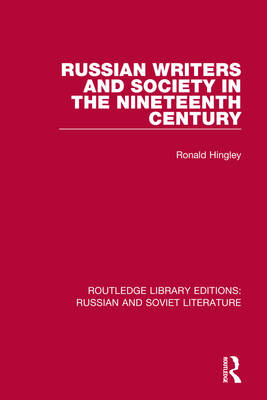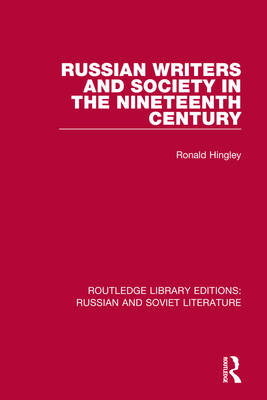
- Retrait gratuit dans votre magasin Club
- 7.000.000 titres dans notre catalogue
- Payer en toute sécurité
- Toujours un magasin près de chez vous
- Retrait gratuit dans votre magasin Club
- 7.000.0000 titres dans notre catalogue
- Payer en toute sécurité
- Toujours un magasin près de chez vous
Description
This book, first published in 1977, begins with a close look at the lives of nineteenth century Russian writers, and at the problems of their profession. It then examines their environment in its broader aspects, the Russian empire being considered from the point of view of geography, ethnography, economics, and the impact of individual Tsars on writers and society. A discussion of the main social 'estates' follows, and concluding is an analysis in their literary context of the activities of the competing forces of cohesion and disruption in imperial society: the civil service, law courts, police, army, schools, universities, press, censorship, revolutionaries and agitators. This book makes possible a fuller understanding of the works of Pushkin, Dostoyevsky, Chekhov and the other great Russian writers.
Spécifications
Parties prenantes
- Auteur(s) :
- Editeur:
Contenu
- Nombre de pages :
- 208
- Langue:
- Anglais
- Collection :
Caractéristiques
- EAN:
- 9780367776022
- Date de parution :
- 15-10-22
- Format:
- Livre broché
- Format numérique:
- Trade paperback (VS)
- Dimensions :
- 156 mm x 234 mm
- Poids :
- 299 g

Les avis
Nous publions uniquement les avis qui respectent les conditions requises. Consultez nos conditions pour les avis.






